When do you first remember thinking of yourself as a designer/artist? How did you end up doing what you do today?
I always felt this urge to express myself. In my youth I played the piano, was in a heavy metal band and also did contemporary dancing. But at one point I felt the need to quit these passions and find my own language. This happened after I finished my studies in architecture about five years ago, and it's been constantly evolving since then.
What excites you about being a designer/artist? Why do you keep doing it?
I very much like the problem-solving part of design – especially the visual aspect of it – and like to think of design problems as puzzles or games.
What do you think is your most important skill, and why?
It may sound strange, but I can feel bored very quickly, so in order to avoid this feeling I need to do things in new ways and I will never repeat what I did before. So, in a way, this “skill” is kind of the downside of my personality. But it's also an upside for me as a designer.
Tell us about the community you're working in.
On the one hand there is the online community, the community that is not really bound to a specific geographic location. This community always pushes forward and it's a very interesting challenge to be part of it and keep up with the developments. On the other hand, I feel that geography matters a lot and from what I've experienced, the Milan scene is very different from the New York scene. For instance, we Italians tend to be very jealous about our work and it's very difficult for us to develop this feeling of sharing and helping each other. But in America, I discovered that even the people that are very well known are really trying to help those who do the same work in order to widen their range of possibilities.
Also opportunities. Being able to share your work with people you don't know yet and who are interested in sharing back. Everybody is so brilliant and everybody is making such amazing things that you can really gain from that and raise your bar every time.
In what ways does working within a community influence your work?
I'm always trying to come up with something new, but I can't really code and it is not our core competence in the studio. So when we see that other people in the community are very strong in the interactive part, it is really pushing us to do that and to follow the flow. But at the same time we try to keep our uniqueness.
What role does collaboration with others play for your projects?
Collaboration is very important. Right now we are growing as a team and are also hiring young designers – and it's amazing how much you can learn from younger designers. I'm inspired every day about how they approach problems and find visual solutions that are very different from what I would do. Learning in this way from other people is very important. In our team most of us are very specialized, but the fact that there are people with diverse skills such as project managers or sociologists helps you find better solutions than if you were to work on your own, because everyone brings another approach to the table.
What do you wish to achieve with your work?
Well, personally, I would love to keep raising the bar and do things that are interesting to me so I don't get bored. But more generally speaking, now that we are growing our studio at Accurat, I find it really rewarding to provide young designers with work that makes them happy and offer them the possibility to express themselves. I love to see how passionate our now twenty employees in the Milan office are about the work that they do. This is nothing that's changing the world, of course, but the job situation in Italy is very bad at the moment and many people are not able to find work, so I'm really happy I can help find people their place in the world.
What do you think you can actually achieve with your work, where are the limitations?
What we would like to achieve with our work is for a person to look at it and find it beautiful and pleasing. Regarding the limitations of my work, I don’t really think about it, because when you do something and don’t achieve the first goal you can learn from that experience and develop another goal.
How has your work changed over the years? How did your goals change?
A very good question. Maybe it’s not the goals that are evolving, but rather the approach. From the very beginning, I learned to pursue a more personal approach in my projects. And I felt that every time I put myself into the work, I was happier and my clients were happier. So I really try to do things where I can enjoy every single moment – it's not always the case, but I am trying.
If you had the chance to tackle a really big problem our society is confronted with, what would it be?
My studies in architecture have brought me to the conclusion that architects think of themselves as problem-solvers for the world. And I am happy to realize that we are very different in the design community; as a designer you don’t really see yourself as a person who can solve the problems of the world. I feel, and maybe this view is influenced by what I know from Italy, that what's pushing our society down at the moment is that especially the younger generation keep too much to themselves and complain a lot. So my advice would be that everybody should try to make a difference, and if everybody does that our society would also change.

